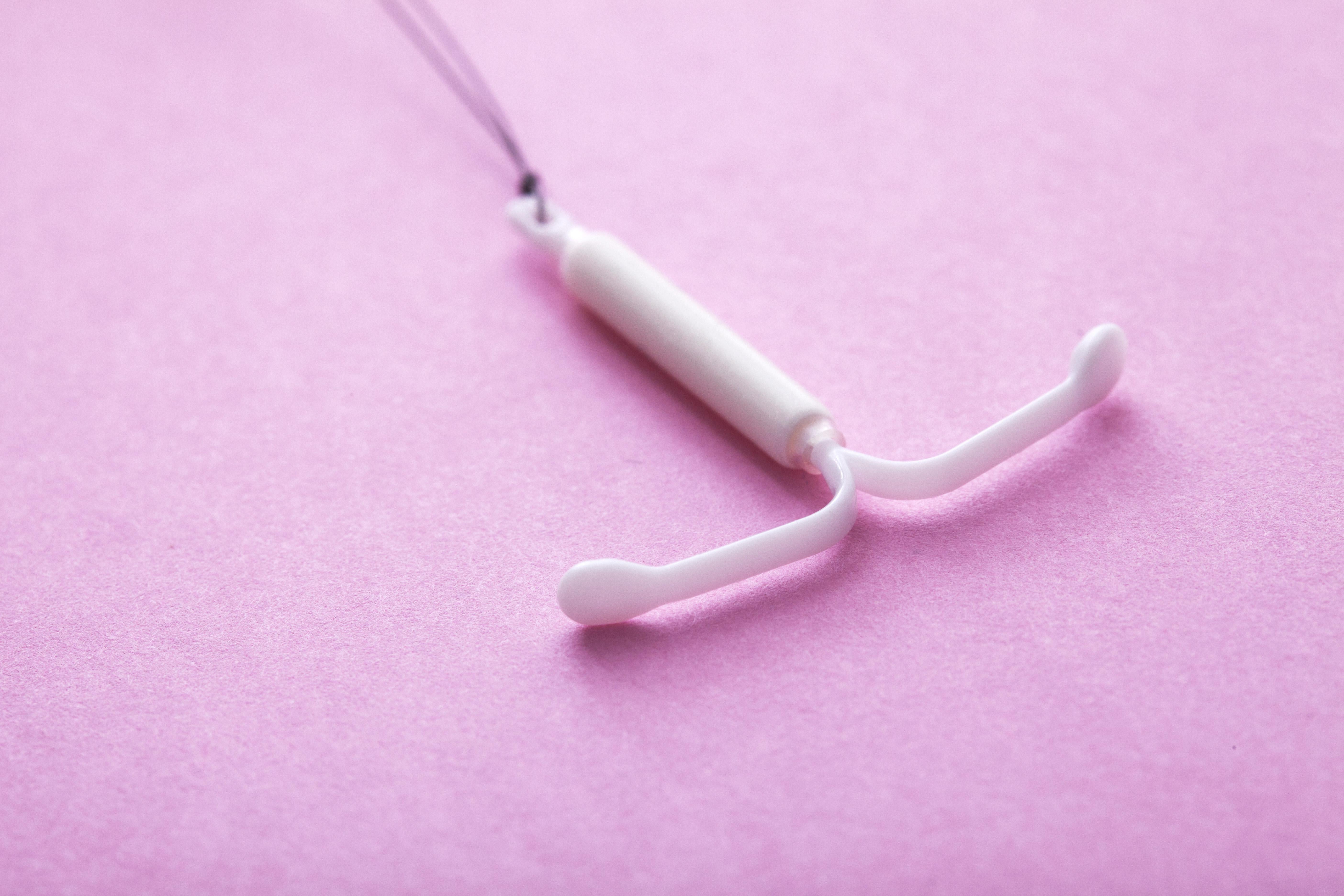One of the ongoing battles in the fight over abortion is the question of what’s behind the declining abortion rate in the United States. Anti-abortion activists understandably want to attribute the decline to a rise in abortion restrictions, with a side dose of platitudes about a “culture of life.” Pro-choicers say improved contraception use is responsible for the drop. The latter is an answer that doesn’t sit well with the increasingly contraception-hostile anti-choice movement, but it does have significant scientific evidence to support it.
Now we can add one more study to the pile. Researchers from Ibis Reproductive Health and the Bixby Center for Global Reproductive Health at the University of California, San Francisco recently published a study in the medical journal Contraception that shows that as more women utilize long-acting reversible contraception (LARC), such as implants and IUDs, the abortion rate declines dramatically.
Researchers staged the study in Iowa, one of the few states where access to both family planning and abortion services increased during the study period, between 2005 and 2012. As access to care widened, the researchers recorded a major surge in demand for IUDs and implants at Iowa family planning clinics—from 1 percent to 15 percent of all clients. Subsequently, the abortion rate in Iowa decreased, despite the fact that getting an abortion was actually easier for women than it had been previously. In fact, the drop was dramatic, “from 5,198 abortions in 2005 to 3,887 in 2012, or from 8.7 abortions per 1000 women aged 15–44 to 6.7,” as a press release for the study notes. The takeaway? At least in this part of Iowa, adding just one new IUD or implant per 100 women was correlated with a 4 percent decline in the abortion rate.
Clearly, if you are sincerely disturbed by the act of abortion and would like to see the number of abortions decline, the answer is to encourage women to consider using IUDs until they want to get pregnant. Unfortunately, that’s not a popular attitude within the anti-choice movement, which has latched onto the IUD as its most hated and most demonized form of contraception, second perhaps only to emergency contraception. As Joerg* Dreweke of the Guttmacher Institute detailed in a recent analysis of anti-choice rhetoric regarding contraception, anti-abortion groups prefer demonizing language when describing IUDs, usually claiming that it’s an “early abortion,” “life-ending,” or that it works by “killing the embryo”. None of this is true—IUDs work by preventing sperm from getting to the egg—suggesting that the hostility to IUDs is rooted less in concern for life and more in a general distaste for the sexual freedom they provide their owners.
Correction, Dec. 29, 2014: This post originally misspelled Joerg Dreweke’s first name.
